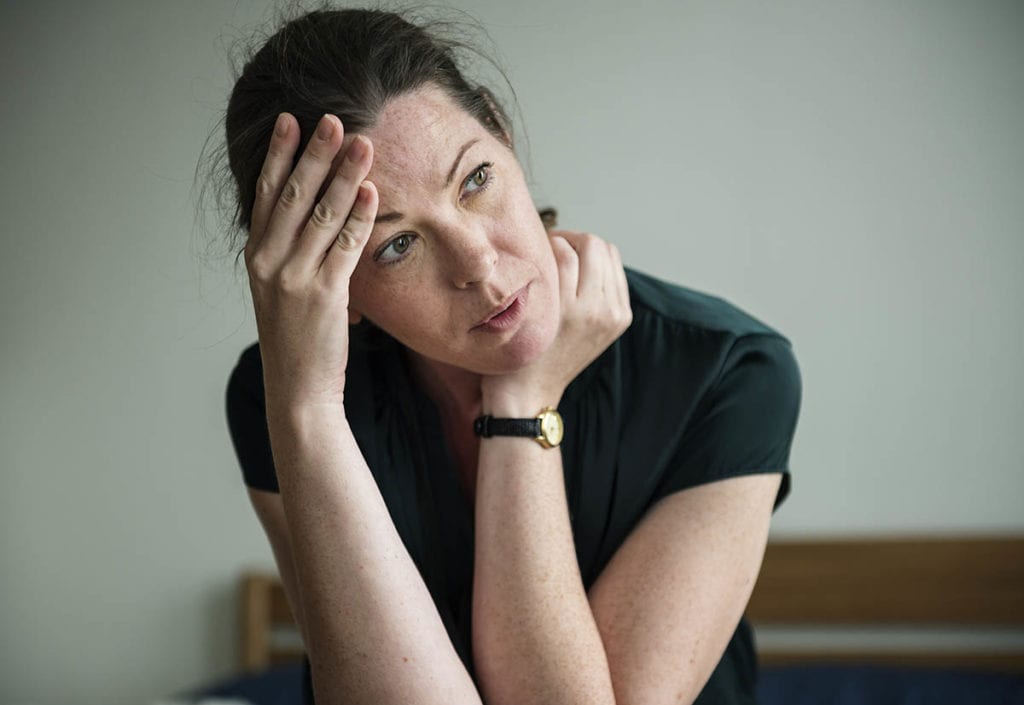Mixing alcohol with other substances is always a recipe for disaster. The combination of these substances increases the risk of long-term health problems and sudden side effects, including fatality. Two substances, in particular, benzos and alcohol, are especially dangerous and lead to life-threatening medical situations quickly.
A Massachusetts intensive outpatient rehab center can help individuals who are addicted to benzos and alcohol overcome their co-occurring disorders. Treatment may include detox, rehab, and aftercare through outpatient services. Let’s take a closer look at alcohol and benzos and how they can have a negative impact on your life.
What Are Benzos?
Benzodiazepines, or benzos, are a class of drugs that work in the central nervous system (CNS). Doctors prescribe benzos for a variety of medical conditions, including seizures, panic disorder, muscle spasms, anxiety, and alcohol or drug withdrawal. Benzos attach to gamma-aminobutyric acid-A (GABA) receptors, making brain nerves less sensitive to pain or stimulation.
Benzos are designed to calm the central nervous system and relax the brain and muscles in the body. Common benzos include:
- Diazepam (Valium)
- Lorazepam (Ativan)
- Alprazolam (Xanax)
- Clonazepam (Klonopin)
- Chlordiazepoxide (Librium)
- Oxazepam (Serax)
- Temazepam (Restoril)
All benzos work in a similar way. However, there are some variations in how they act per individual user. Some benzos are more potent than others or work for a longer duration. When combined with alcohol, benzos may react in different ways, cause mild to severe side effects. A substance abuse treatment center provides detox and rehab for both substances so that a client can break the cycle of addiction with each.
Side Effects of Mixing Benzos and Alcohol
Both alcohol and benzos are depressants. They slow down the central nervous system and the function of other systems and organs. Mixing both substances can cause psychological and physical problems, including:
Memory Loss
Binge drinking often leads to blackouts, which cause up to 100 percent short-term memory loss when an individual is most intoxicated. Combining alcohol and benzos can lead to the same reaction that is equal to binge drinking. A person can black out or suffer from memory loss over a period of several hours.
Poor Coordination
The more you drink, the more difficult it becomes to walk or even stand up straight. The central nervous system becomes severely impaired. Add benzos to alcohol, and coordination becomes even more impaired. A person who takes benzos and gets drunk has a difficult time standing up, walking, or talking. Everything is slowed down considerably.
Mood Swings
People react differently to alcohol. For some, they may feel pleasure and have a sudden boost of energy. For others, drinking leads to intense anger, anxiety, or depression. Still, others may experience a range of emotions. Benzos can trigger these emotions making them more difficult to manage in an intoxicated state.
Severe Depression
A person may take benzos or drink as a way of coping with clinical depression. The longer they drink, the more they discover that the alcohol combined with the benzos can only make the depression worse. A mental health treatment program can teach individuals how to cope with depression the right way so that they don’t turn to self-medicating with alcohol or drugs.
Health Side Effects
Long-term use of benzos and alcohol can lead to a range of side effects such as organ failure, heart problems, digestive problems, and intense nausea. In worst-case scenarios, a person may overdose on both substances and fall into a coma or lose their life. It is important to consult a doctor before drinking and using benzos at the same time.
Find Help for Polysubstance Abuse
Are you ready to get help for benzos and alcohol addiction? If so, contact Washburn House. We provide an array of treatments through our outpatient treatment center in Massachusetts. Call 855.298.3104 to find out how you can get started with your treatment today.

